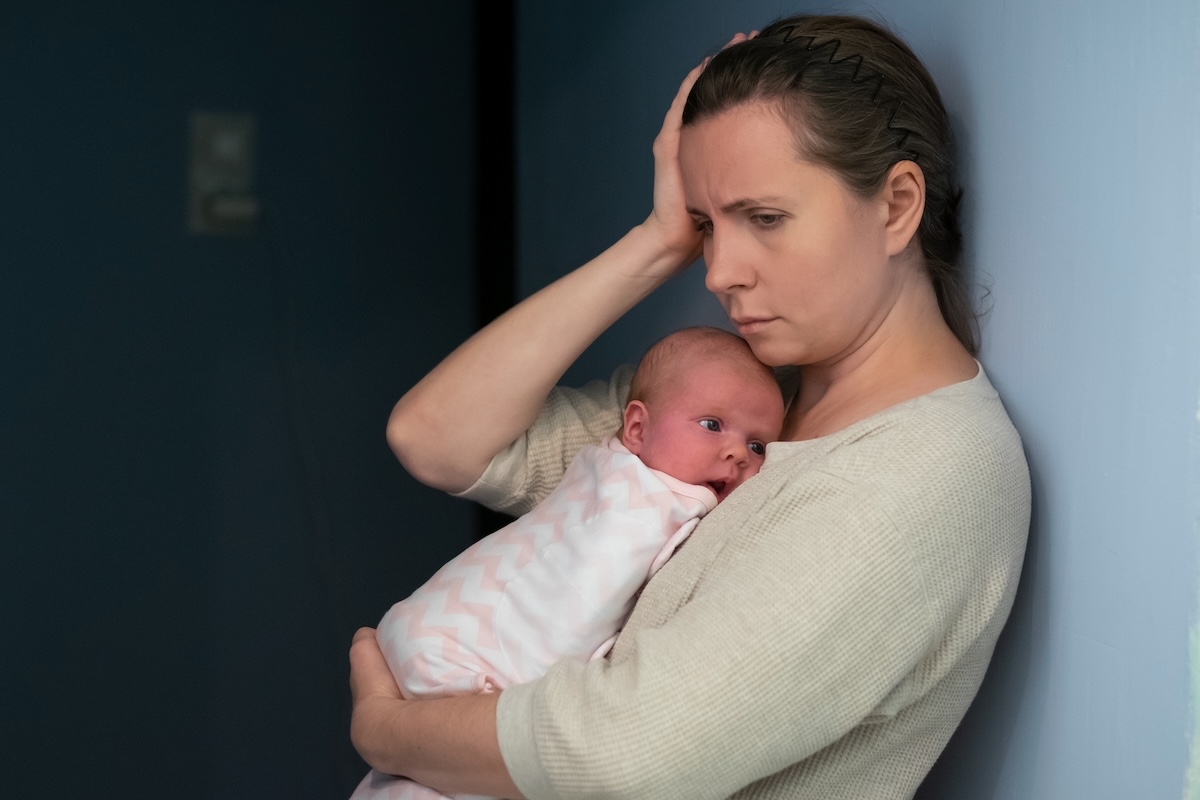Postpartum Depression Symptoms
Every woman’s experience is different, but common symptoms of postpartum depression include:
-
Deep sadness or crying for no clear reason
-
Feeling overwhelmed, hopeless, or worthless
-
Being angry or irritable more than usual
-
Difficulty sleeping even when the baby sleeps
-
Eating too little or too much
-
Avoiding friends, family, or your baby
-
Feeling no joy or interest in life
-
Scary thoughts about harming yourself or your baby
These feelings can make it hard to get through the day or bond with your child. But remember: these thoughts do not make you a bad mother—they mean you need help.
Getting The Right Diagnosis And Treatment
Postpartum depression is diagnosed by a healthcare provider. You may be asked questions about your mood, thoughts, and daily life. Some doctors use a depression screening tool to see if you’re showing symptoms of PPD. It’s important to be honest about how you feel so you can get the right support.
Treatment can include therapy, medication, or both. Counseling can help you process emotions and find ways to manage stress. Antidepressants can balance brain chemicals, and many are safe to take while breastfeeding. In some cases, a doctor might recommend hormone therapy or even hospitalization if symptoms are severe.
There are also lifestyle changes that can support healing. Try to rest when you can, eat nutritious meals, and accept help from others. Light exercise, even just walking outside, can improve your mood over time.
Hope And Healing Are Possible When Diagnosed with Postpartum Depression
Postpartum depression doesn’t last forever. With the right care and support, most women recover fully. The key is not to suffer in silence. Talk to your doctor, your partner, or a trusted friend. The sooner you get help, the sooner you’ll start to feel like yourself again. Motherhood is a big change, and it’s okay if it doesn’t feel perfect right away. Taking care of your mental health is one of the most important steps you can take—for yourself and your baby. You’re not alone, and you deserve to feel better. Need to know more information? Continue your online search here:

